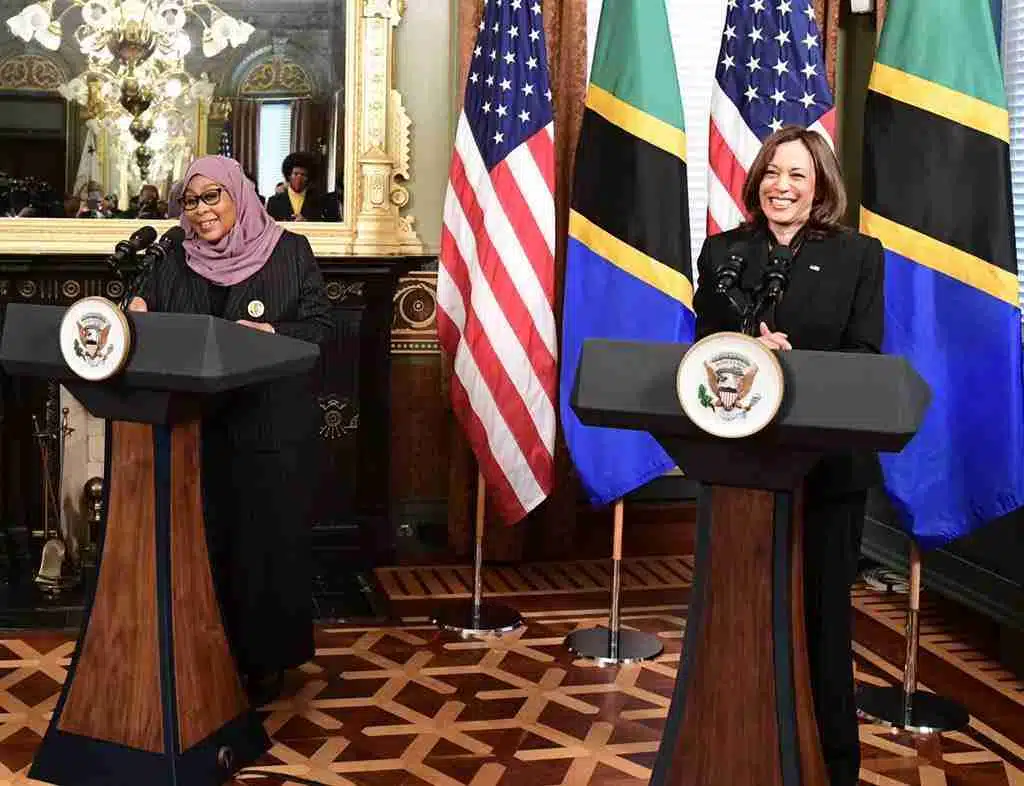In the international realm, the United States of America hold the most convincing position, especially in its ability to manoeuvre diplomatic relationships with its rivals, military supremacy and possession of deadly weapons of mass destruction. However, that is not the case since the world is currently at a multipolar epoch where military capability has been spread from North America, Europe, Asia and some powerful states in Northern Africa and South Africa.
Even though some authors point out China as the emerging superpower, no wonder the only points that China has surpassed the U.S. are the increased number of diplomatic allies and the economy, which is also controversial.
It’s clear that Africa is not a single political unit but a divergent, heterogeneous and complex continent with multiple states, groups, movements, ideologies and preferences. Through organisations such as the Africa Union and subregional organisations like the East Africa community, the Economic Community of West African states and the South Africa Development community, among others, they have managed to assume some political unity in decision-making and declaration that have substantial significance in world peace and stability.
Read Related: Russia-Africa Partnership: A New Chapter in Multipolar Diplomacy and Economic Partnership
Having the European Union as the most advanced regional integration globally provides Africa with practical examples and recommendations to forge a union of the same kind or with the unique features that Africans desire. The challenge that the EU has been through is important for Africa and Africa to avoid stumbling on the same block. Still, the EU’s functions and opportunities in international realms can be forged to empower and court Africa to pursue the course.
As Tanzania aims to revive its foreign policy (2024, foreign policy review), it is important to know that the country is prepared for regional leadership and representative of the rest of the African states.
This piece explores the strategy of the USA’s foreign policy and the lessons it offers to Tanzania and Africa in general. African and Asian foreign policy share the “non-alignment” pillar contrary to the U.S. implementing its “strategic ambiguity” foreign policy principle. Applying the comparison logic, the two principles of foreign policies adopted in Africa and the U.S.
Africa appeared to have won a big deal since it does not belong to any legal bloc that might divide it. However, in reality, the policy is unclear since it allows African states to identify partners of their choice even though the partnership is detrimental to the existence of other states, such as the identification and recognition of one China policy.
African states might have been forced to accept “one China policy” as the simplest conditionality for Chinese honey and milk. Still, recognising that policy dragged Africa many steps away from the possibility of having leadership in international relations and the United Nations.
In reference to the non-alignment principle, Africa should have its own way of interacting with China instead of operating under the Chinese policy that denied Taipei’s independence and ruthlessly struggled for reunification by any means possible.
The “strategic ambiguity” principle is smart and, in jurisprudence understanding, can be considered a genuine “non-alignment” principle since it neither supports reunification efforts pursued by the Beijing government nor the independence movement by the Taiwan government.
Through such policy, it guarantees stability in the Pacific Sea but also discourages any possible escalation of violence by Beijing for the fear that U.S. relations with Taipei will force U.S. direct involvement in the conflict and therefore, Beijing is not sure of the Victory and possible impacts of that war to its economy, on the other hand Taipei will not likely to start the violence in the name of independence since its not quite sure if U.S. I will support that action since the economic relationships between China and U.S. have been flourishing.
The Russian-Ukraine war made the U.S. act even smarter under the umbrella of NATO, avoiding confrontation with Russia but blaming Chinese and North Korean military support for Russian aggression. Sanctioning Russia with a clear focus on where to substitute it to recover from the shortage of goods and services from Russia, in contrast, African think tanks have been fast into action without considering why a superpower behaves in that way.
Also, read Tanzania’s Foreign Policy Evolution: Balancing Alliances, Peacekeeping, and Economic Growth
Why did non-aligned Africa pick a side in almost every conflict that has ever happened in the world, and why have big nations like the U.S. never been clear on the sides that are fully aligned to support? Actually, it is by design, a big country like the U.S. have many enemies and few friends, and every country struggles to reach the peak that the U.S. has dominated for decades. The only chance to guarantee a long-term stay to that peak is by carefully manoeuvring its diplomatic relationships to the sense that no state or nation is quite sure of its enmity or friendship with the U.S.
Counsel for Africa
First, African states should recognise that their policy is temperate and, therefore, share the same preferences or have imported policies. If they share preferences, they must be as objective as possible and accept dropping some of the practices that will set them apart or reduce their chances of taking leadership in international relations and diplomacy.
On the other hand, if they have imported policy in whatever ministry, they need to evaluate the potentiality and effectiveness of that particular policy before it’s too late for them to recover.
Second, African states’ complexity, divergent and heterogeneous nature is not an excuse for a subordinate position in international relations. Africa must learn to use its area of strength to gain profits that diplomatic relations offer that advertising its weakness for loans and “dead aid” As the Swahili proverb states, “mkwezi zake tatu” Africa must ensure it protects its resources for mutual benefit through international relations as a market that guarantees partners for investment in education, health care, tourism, infrastructure and manufacturing industries.

